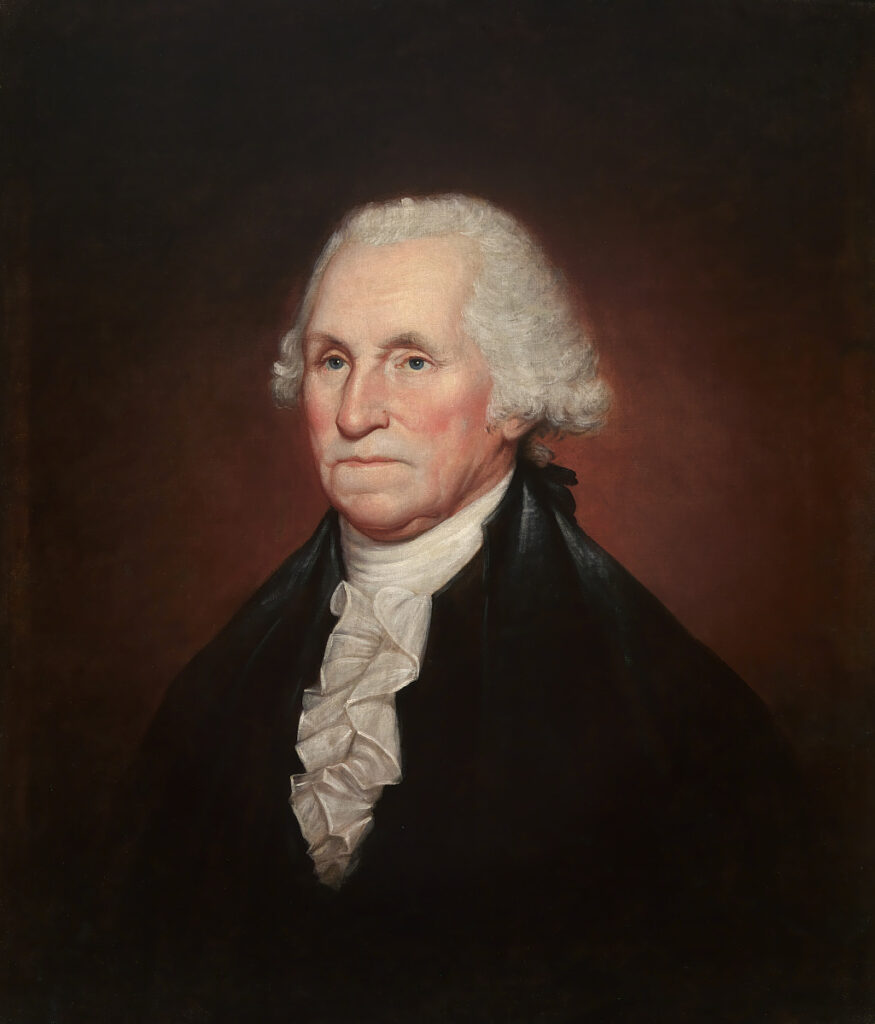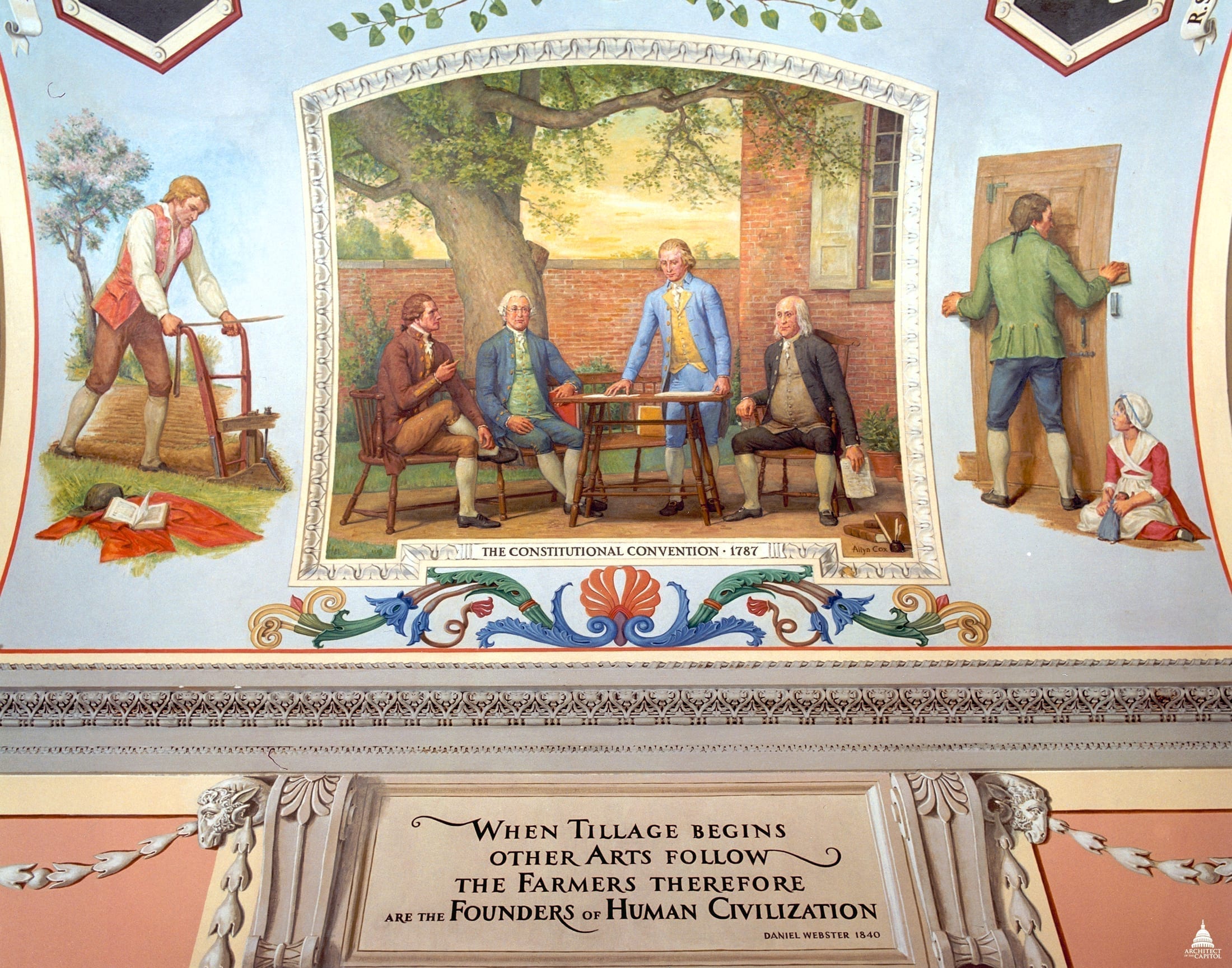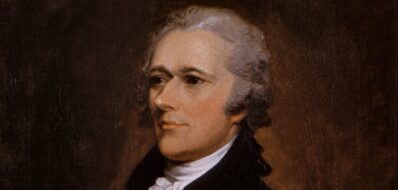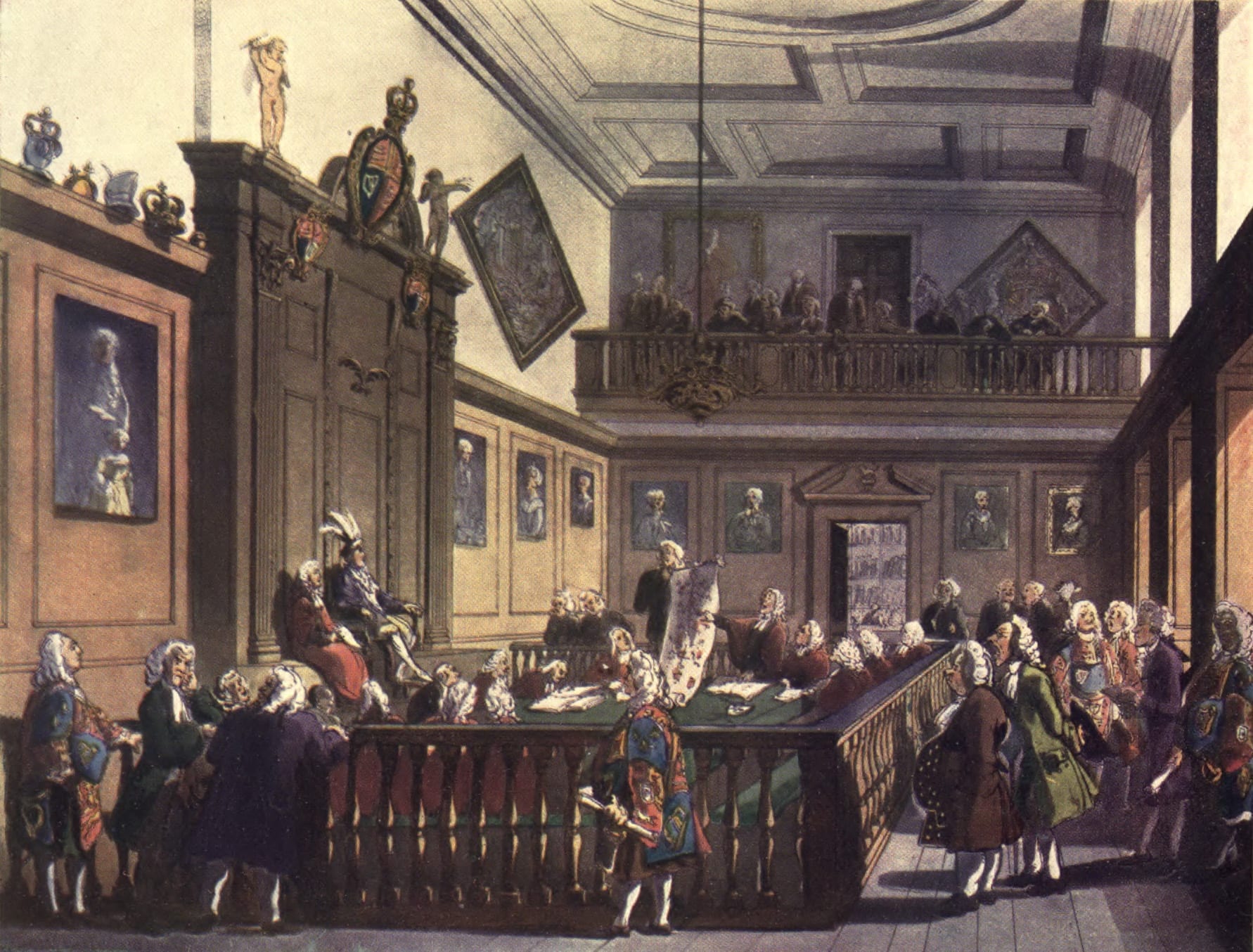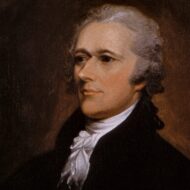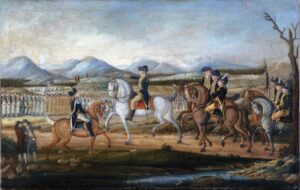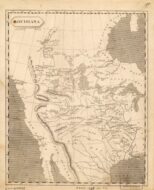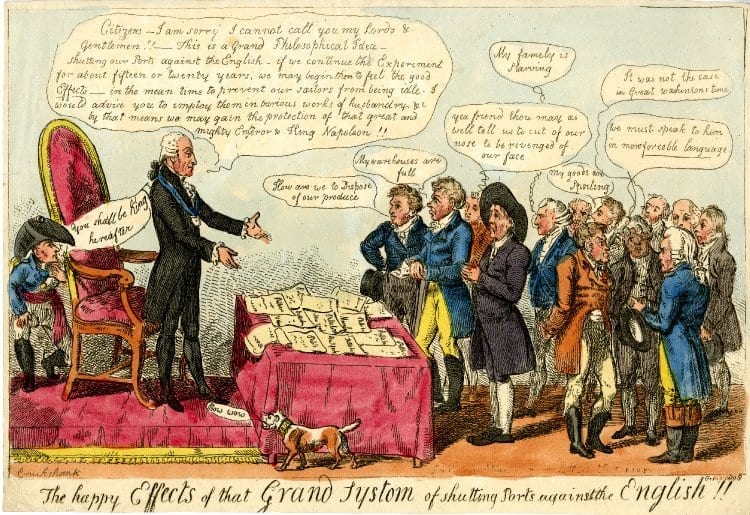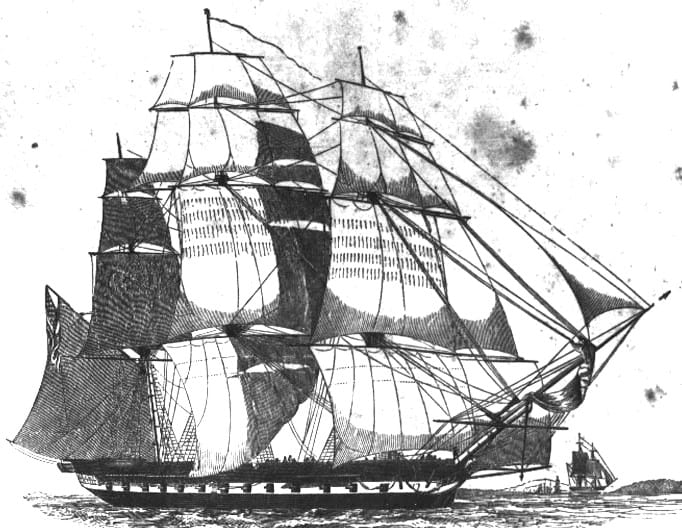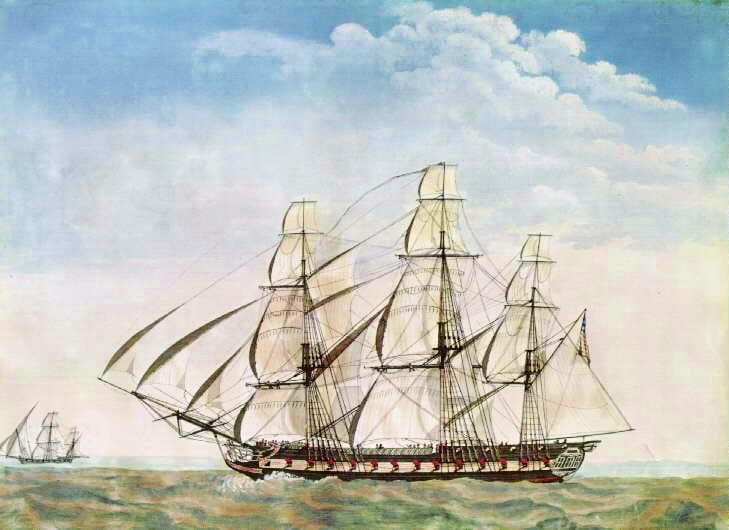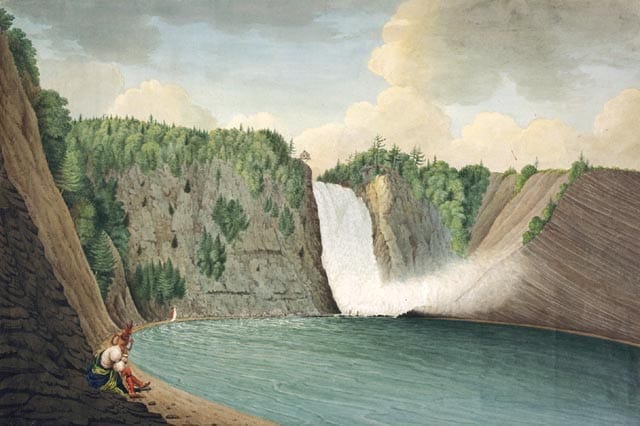“From George Washington to David Stuart, 28 March 1790,” Founders Online, National Archives, https://teachingamericanhistory.org/1bue.
Dear Sir:
Your letter of the 15. enclosing the act of Assembly authorising an agreement with Mr. Alexander came to my hand in the moment my last to you was dispatched.
I am sorry such jealousies as you speak of should be gaining ground, and are poisoning the minds of the southern people; but admit the fact which is alledged as the cause of them, and give it full scope, does it amount to more than what was known to every man of information before, at, and since the adoption of the Constitution? Was it not always believed that there are some points which peculiarly interest the eastern States? and did any One, who reads human nature, and more especially the character of the eastern people conceive that they would not pursue them steadily by a combination of their force. Are there not other points which equally concern the southern States? If these States are less tenacious of their interest, or, if whilst the eastern move in a solid phalanx to effect their views, the southern are always divided, which of the two is most to be blamed? That there is a diversity of interests in the Union none has denied. That this is the case also in every State is equally certain. And that it even extends to the Counties of individual States can be as readily proved. Instance the southern and northern parts of Virginia, the upper and lower parts of south Carolina, &ca. have not the interests of these always been at variance? Witness the County of Fairfax, have not the interests of the people of that County varied, or the Inhabitants been taught to believe so? These are well known truths, and yet it did not follow that separation was to result from the disagreement.
To constitute a dispute there must be two parties. To understand it well both parties and all the circumstances must be fully heard, and to accommodate differences, temper and mutual forbearance are requisite. Common danger brought the States into confederacy, and on their union our safety and importance depend. A spirit of accommodation was the basis of the present constitution, can it be expected then that the Southern or the Eastern part of the Empire will succeed in all their measures? certainly not; but I will readily grant that more points will be carried by the latter than the former, and for the reason which has been mentioned, namely, that in all great national questions they move in unison whilst the others are divided; but I ask again which is most blame-worthy, those who see, and will steadily pursue their interest, or those who cannot see, or seeing will not act wisely? And I will ask another question, of the highest magnitude in my mind, to wit, if the eastern and northern States are dangerous in Union, will they be less so in separation? If self interest is their governing principle will it forsake them or be less restrained by such an event? I hardly think it would. Then, independent, of other considerations what would Virginia (and such other States as might be inclined to join her) gain by a separation? Would they not, most unquestionably, be the weaker party?
Men who go from hence without feeling themselves of so much consequence as they wished to be considered, and disappointed expectants, added to malignant, designing characters, who miss no opportunity of aiming a blow at the Constitution, paint highly on one side without bringing into view the arguments which are offered on the other.
It is to be lamented that the Editors of the different Gazettes in the Union, do not more generally, and more correctly (instead of stuffing their papers with scurrility, and nonsensical declamation, which few would read if they were apprised of the contents) publish the debates in Congress on all great national questions, and this with no uncommon pains, everyone of them might do. The principles upon which the difference of opinion arises, as well as the decisions would then come fully before the public, and afford the best data for its judgment. Mr. Madison, on the question of discrimination, was actuated, I am convinced, by the purest motives, and most heartfelt conviction; but the subject was delicate, and perhaps had better never been stirred.
The assumption of the State debts by the United States is another subject that has given rise to long and labored debates, without having yet taken a final form.
The memorial of the Quakers (and a very mal-apropos one it was) has at length been put to sleep, and will scarcely awake before the year 1808. I am etc.


